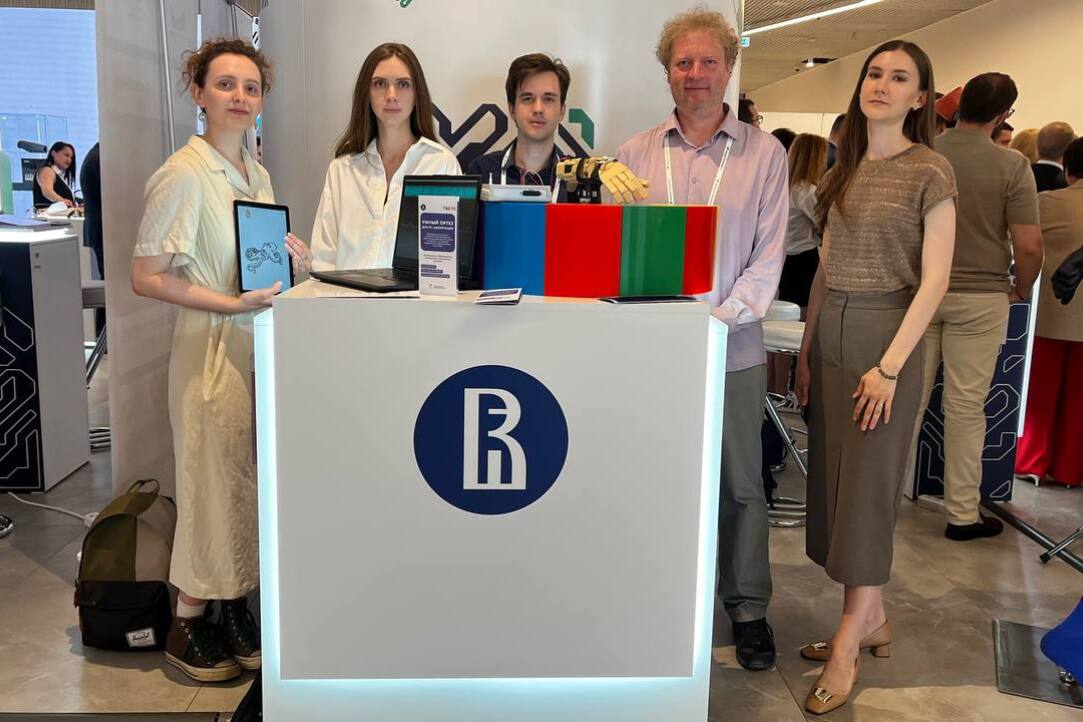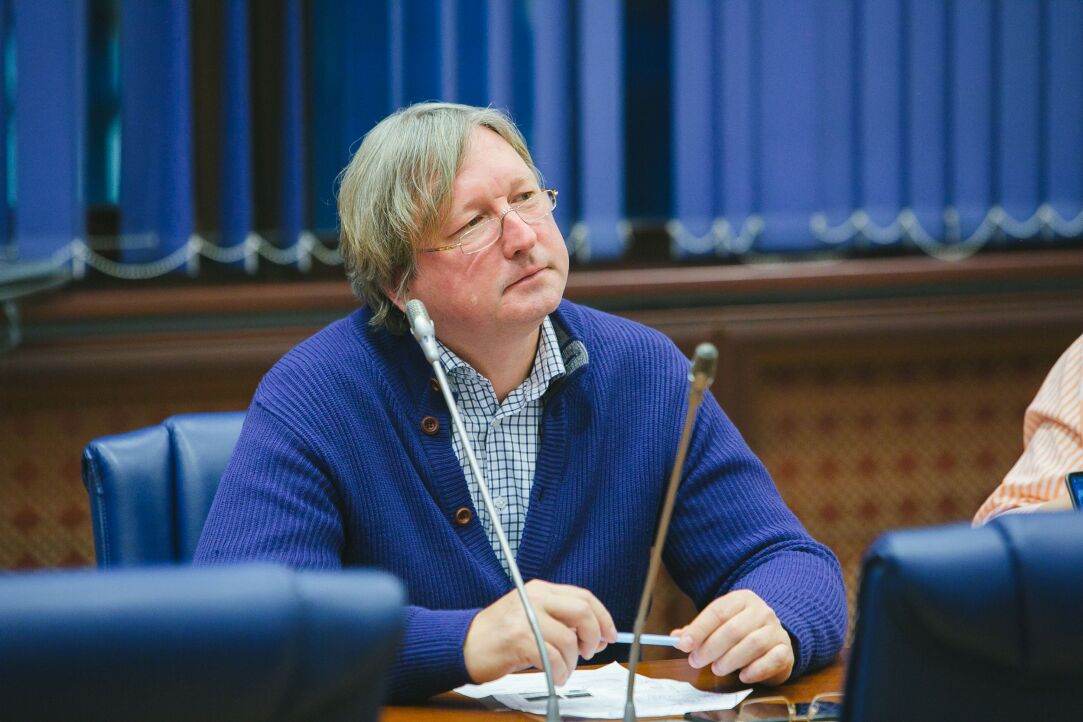
HSE University Presents Smart Orthosis at Hope for Technology Forum
On July 10–11, 2025, Moscow hosted the 10th Hope for Technology National Forum of the Rehabilitation Industry and Universal Design. The event was aimed at discussing innovative achievements in the rehabilitation industry. The MIEM Student Design Bureau and the HSE Institute for Cognitive Neuroscience presented a smart orthosis, which was developed at the request of orthopedists.

Smoking Habit Affects Response to False Feedback
A team of scientists at HSE University, in collaboration with the Institute of Higher Nervous Activity and Neurophysiology of the Russian Academy of Sciences, studied how people respond to deception when under stress and cognitive load. The study revealed that smoking habits interfere with performance on cognitive tasks involving memory and attention and impairs a person’s ability to detect deception. The study findings have been published in Frontiers in Neuroscience.

HSE University Hosts Russia’s First Doctoral Defence in Cognitive Science
Vasily Klucharev, HSE professor and Leading Research Fellow at the Institute for Cognitive Neuroscience, successfully defended his doctoral dissertation in cognitive science. This was the first doctoral dissertation in this discipline in Russia.

Connecting Space and Time: Bilinguals Associate Time with Space in Both Their First and Second Languages
An international team of researchers including scientists at HSE University investigated how bilingual individuals associate time with space. It turns out that in both their first and second languages, people associate the past with the left side of space and the future with the right. In fact, the higher the proficiency in a second language, the more pronounced this relationship becomes. The study findings have been published in Scientific Reports.

People in China and Japan Demonstrate a Higher Risk Propensity than Russians
Suboptimal decisions are a universal human trait, according to science
